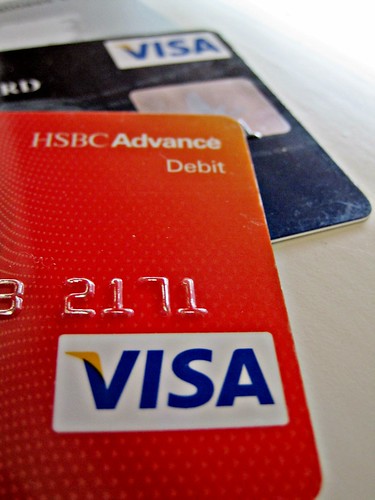Your credit score
is one of the most important factors that lenders look at when deciding whether or not they will extend credit to you. Therefore, it is important that you try to maintain a credit score that is as high as possible. But with unemployment remaining at all-time highs around the nation, many are worried about what will happen to their credit score if they lose their job. But there are ways to maintain your current credit score and even improve it while you’re looking for a job.
Losing Your Job Doesn’t Affect Your Credit Score

Making Your Payments on Time is Important
Being late on your payments will be reported on your credit file and therefore cause your score to go down. As such, you should strive to continue to make your monthly payments on time even if you lose your job. And this is precisely why you need an emergency fund of 3 to 6 months expenses. This way you can continue to make your payments while you look for a job. If you find that your current income doesn’t allow you to make all of your payments, contact your creditors to try and work out a solution. In some cases, they will agree to modify your monthly payments, reduce your interest rate, or even allow you to make your payment later than the regular due date.
One thing to avoid above all is having accounts canceled for non-payment and sent to collections. Even if you do pay off the bad debt after it’s been sent to a collections agency, the derogatory information will remain on your file for seven years.
Avoid Using too Much of Your Credit
When you’re unemployed, it may be tempting to use credit cards to make more of your purchases, thinking that you will be able to pay off the debt later on when you start working again. Even if this is true, this can have a negative effect on your credit score.
One of the factors involved in calculating your credit score is your ratio of balances to available credit. If you come close to maxing out your credit cards, your credit score will suffer as a result.
Don’t Close Credit Accounts
While you may think that canceling credit cards when you’re unemployed is a wise thing to do so that you won’t be tempted to rely on credit, this can actually have a negative effect on your overall credit score.
Closing accounts that have been active for a long time can actually lower your credit score. If you have to close some accounts, you should consider canceling store cards, as doing this has been shown to have less of an impact on your overall credit score than closing down a credit card issued by a bank. Also don’t max out your credit cards. You are better off spreading your balances over several cards than maxing out one card. This is called “credit utilization” 30% of your credit score is based on how much of your available credit you are using. So by canceling cards you are reducing your overall limit actually hurting your overall credit score. According to FICO, maxing out a card can drop your score by 10 to 45 points, being over 30 days late on a payment can reduce your credit score by 60 – 110 points while bankruptcy can reduce your score by as much as 240 points.
Even when you’re unemployed, keeping your credit score high is possible. Just remember to pay all your accounts on time, avoid using credit for unnecessary purchases and don’t automatically start closing accounts because you’ve lost your job. Also, remember that periodically checking up on your credit report is recommended to verify its accuracy.
See Also:
- Using Credit Cards Can Make Or Break Your Financial Situation
- Tips to Rebuild Good Credit and Your Financial Independence
- How Much Should Your Family Emergency Fund Be?
- Job Hunting Success: How to Make Yourself More Employable
- Highly Skilled Worker Shortage in a Recession?
- The Fastest Growing Careers of 2012
